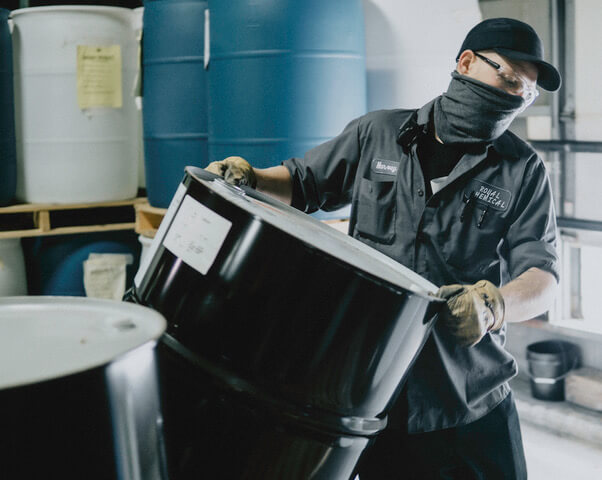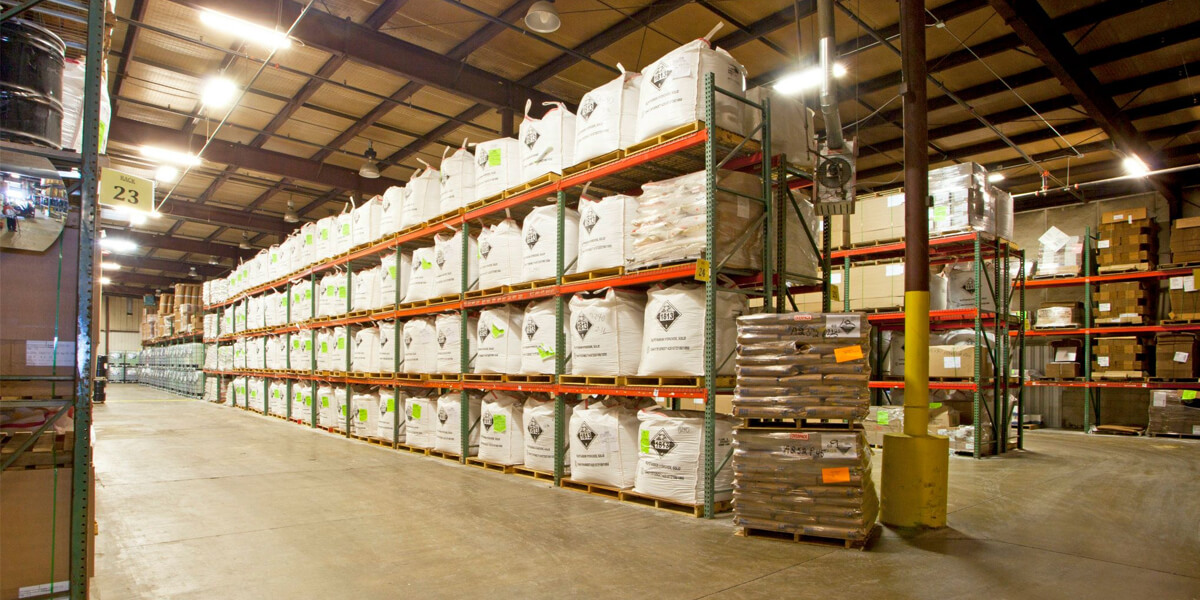
Chemical Company Growth Strategies Moving Into 2021
Sell more effectively by focusing on what you do best!
In an article published earlier this year, Ernst and Young chemical industry analysts noted that for most of the past decade, “achieving organic growth has become increasingly challenging.” The article identified several keys to chemical company growth, and (spoiler alert) none of the suggestions were “focus on manufacturing.” Instead, the authors say, the strategies that companies should focus on are “innovation, pricing strategy and customer-centricity.”
But if you’re like many companies in the chemical manufacturing space, you can’t imagine having the time to focus your growth strategy on anything besides manufacturing and quantitative output. How can you focus on innovation when you have so much to do just getting your current product to market?
An easy solution to this dilemma is to partner with a contract manufacturer. The extra support and cost savings can free up the needed resources to pivot your growth strategy. But what does this partnership and new growth strategy look like in practice?
Innovation: Overcoming resistance and making change easier
A peculiar trust issue often bubbles up during discussions about innovation. “We don’t do it that way,” or “we’ve never done that before” can squash a lot of potential new revenue streams.
But beyond a natural resistance to change, innovation in chemical manufacturing can also be very expensive. New products typically require major investments in new equipment, staffing and training. Dedicating resources to the necessary trials and testing, not to mention satisfying the regulatory requirements, is costly.
Investing in strategic partnerships with contract manufacturers can help make innovation profitable quickly. The extra capacity, flexibility and support that comes with a great partnership can increase sales and improve your operational efficiency, which in turn paves the way for you to focus on product innovation.
But remember, even the most innovative companies rarely make sweeping changes in a short time. Planning incremental changes, giving new products appropriate sales support and ensuring proper tracking of results makes implementing even large changes more palatable, and ultimately, more profitable.
Pricing Strategy: Reviewing cost structure and reducing expenses
Short term improvements in operational expenses (hello, cash flow!) are always welcome. The same strategic partnerships that make it easier for you to focus on product innovation can also help reduce expenses and overhead.
For example, by partnering with a contract manufacturer over time, many manufacturers are able to streamline their inventories and reduce warehouse space. The resulting savings, combined with flexible production scheduling, often allows them to tailor pricing based on customer size, product seasonal demands, and other factors – usually leading to a steady increase in sales.
Additionally, working with a contract manufacturer that provides reliable logistics and broad distribution capabilities enables chemical companies to better manage shipping costs.
Think about it: Your company may be spending a lot of time and effort in the transportation business, when you’re not a transportation company. Consider the amount of time your team invests in procurement, negotiating prices on hundreds of raw materials, or how many days each month your operations people spend securing long-haul drivers for hazardous material shipments. Now consider what else they could be doing with that time.
Contract manufacturers, in contrast, are in the logistics, procurement, and inventory management business. When you work with a blender that provides the production, distribution, and other capabilities that are outside of your core strengths, everyone at your company can better focus on the most critical aspects of your business - like sales, new product development, and customer relationships.
The long-term implications are a stronger financial position, and more security for your chemical company’s growth.
Customer-centricity: Focus on delight
Similar to product innovation, the more time a contract manufacturer frees up for your team, the more time you have to focus on customer delight and business growth rather than day-to-day operations.
The more time your sales and customer support staff focus on customer-facing activities, the more responsive you can be to those customers, and the more likely they are to rely on your company well into the future.
 Photo: Jihan Colletta
Photo: Jihan Colletta
How a contract manufacturer can delight your customers
For over 80 years, Royal Chemical Company has partnered with manufacturers throughout the United States, taking on some or all of their production so they can focus on the aspects of their business that create the most value.
While we are serious about confidentiality and won’t name names, below are a few examples of how we’ve helped our customers serve their customers.
- Improving seasonal availability of certain products to make the most of a short window of opportunity – and shipping directly to your end customers from the closest Royal location to reduce transportation costs.
- Producing custom formulations for special customers to solidify the most important relationships.
- Ensuring chemical order fulfillment, even when unforeseen problems strike one of your facilities.
How can we help you maximize your strengths and build upon your core business? What key growth areas are you focusing on for the rest of 2020, and beyond?
Our approach is a consultative one. Regardless of the pace of change in the industry, we know building long-term partnerships is the key to sustainable growth. Maybe we should work together. Let’s talk about it. Click here to schedule your consultation.
Talk to an Expert
Streamline Your Chemical Manufacturing Process
Royal Chemical’s expertise in blending, packaging and shipping can save you time, reduce costs and deliver consistent results.














